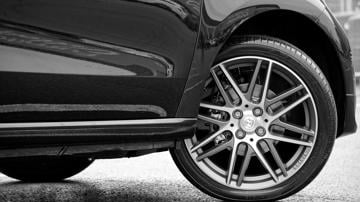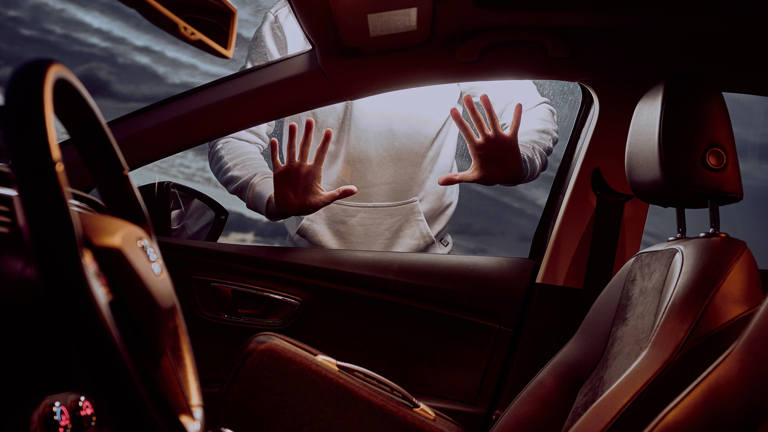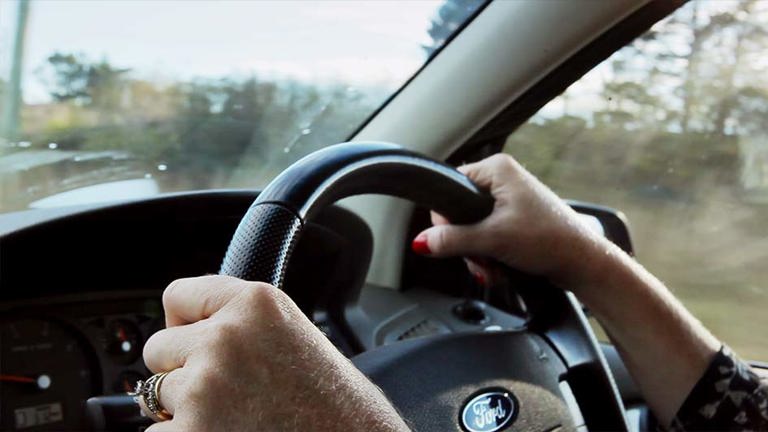It's the road emergency that nightmares are made of: You're driving along when suddenly, your tyre blows out. Your instinct tells you to slam on the brakes, but it's wrong.
So, what should you do in that situation? Here's how to prepare for a blowout, how to prevent a blowout, and how to handle one.
Prepare: Check your car insurance policy
Tyre blowouts can be a sudden, dangerous experience. Although there are things you can do to prevent them, which we'll cover below, it's good to be prepared if they do happen. Considering tyre blowouts are a leading cause of road collisions, it's critical to have appropriate car insurance in the event that a tyre blowout does cause an accident. Since car insurance products vary, you won't automatically be covered if you experience a blowout. It's therefore a good idea to review your PDS so you know exactly what you're covered for, or give your insurer a call to go over your policy details.
Some car insurance policies, like our comprehensive cover, include Roadside Assistance as standard. This means even if your blowout doesn't cause a collision, you can still ring our Roadside team to help get you back up and running.
Prevent: Know what causes a blowout
Although often unpredictable, some tyre blowouts can be prevented. Here are a few of the top culprits.
Under-inflated tyres: The majority of blowouts are caused by under-inflated tyres. This results in the tyre touching the road more often, increasing friction and causing the tyre to overheat. Inadequate air pressure also reduces the mechanical function of your tyres by wearing away at the fabric, steel, rubber and other tyre components. The appropriate tyre pressure varies depending on car make and model, but it can often be found on the driver's side door jamb. To ensure you're always around the right pressure mark, check your tyre pressure by hand at least once a month, and always before a long journey.
Too much weight in your car: Whether you're driving a ute or a hatchback, carrying too much weight around puts extra stress on your tyres, which can cause increased friction, heat and eventual blowouts. A good way to prevent blowouts caused by overloading your car is to locate your car's Gross Vehicular Weight Rating, which should be found in the same place as your recommended tyre pressure. If you need to increase the weight you're carrying, you'll also need to inflate your tyres to the maximum pressure recommended.
Potholes: The impact from driving into a pothole or over a curb can actually cut through your tyre's fabric and rubber, causing damage that will eventually wear down your tyre, if it doesn't blowout on the spot. Slowing down in work and construction zones can help prevent some of these pothole run-ins, but if you know that you've driven over one, be sure to check your tyre pressure afterwards and keep an eye on it over time.
Prevail: Take back control of your car
Your first instinct when your tyre blows out will probably be to hit the brakes. Resist this urge with all you've got, as it could result in your car spinning.
Instead, you'll need to compensate for your car pulling to one side. So hold the steering wheel as tightly as possible, take your foot off the accelerator and let your car slow down naturally. Once your speed is low enough, gently brake and steer your car to the side of the road. Make sure you give yourself enough room to change the tyre while staying away from the flow of traffic.
If you're unable to change the tyre yourself, give roadside assistance a call. If the blowout results in an accident, follow these tips for what to do after a car collision.
Tyre blowouts are never a good thing, but with the right information, car insurance and roadside assistance in your court, you can get through them a lot easier.
Want to learn more about staying safe on the road? Read our other blogs.



